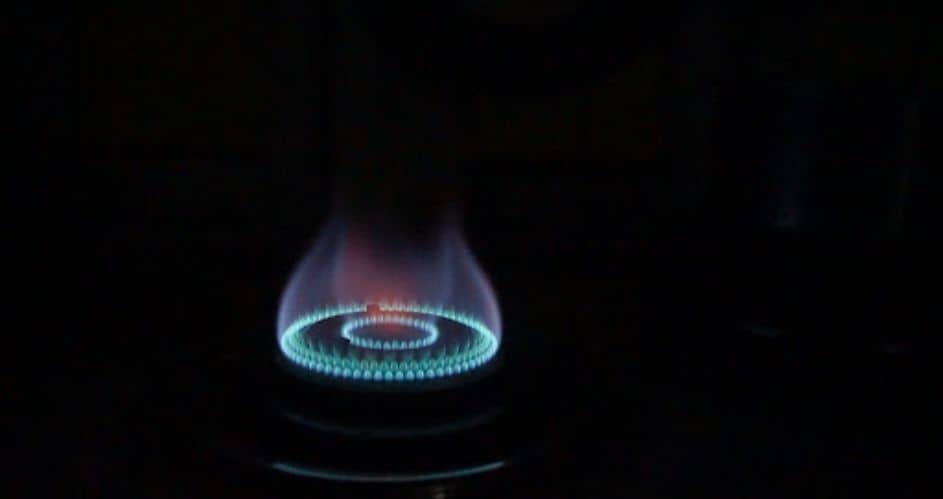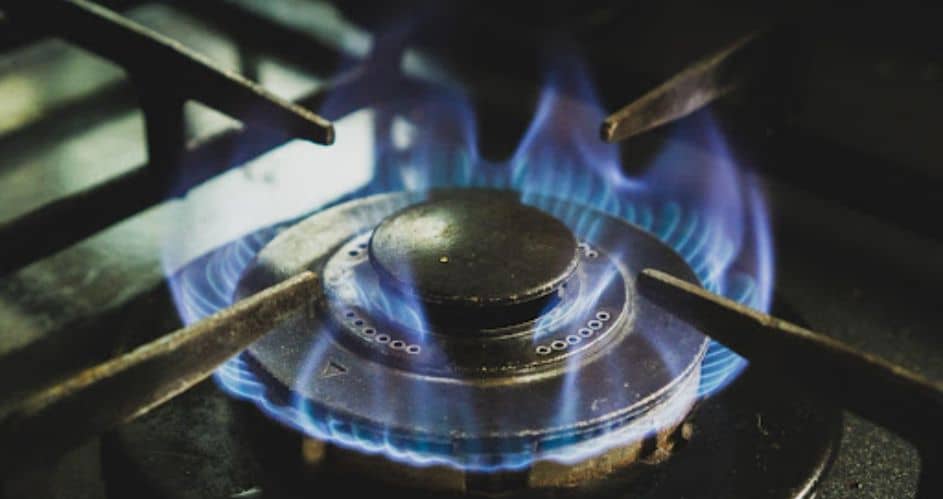
A legal document that certifies that all gas fittings and appliances inside a property are safe is known as a “Gas Safety Certificate” or the “Landlord Gas Safety Record” (LGSR).
Each year, all landlords who rent out their premises must obtain this certificate in accordance with the Gas Safety Regulations (Installation and Use) 1998.
Types of Gas Safety Certificates for Landlords
Landlord gas certificates come in three different categories:
Domestic/Residential Gas Safety Certificates
As the name suggests, landlords of residential structures like homes, apartments, residential complexes, hostels, dorms, rooming houses, etc. must have residential gas safety certificates, whether commercial or residential leased.
Every year, landlords who rent out their residential properties to tenants are required to obtain the LGSR.
Gas Certification for Commercial Use
For legal compliance and to guarantee the security of your building and your tenants, commercial property owners who rent their properties to tenants are required to acquire the gas certification each year.
Any establishment used for business, such as a restaurant, an office building, a hotel, a retail store, a pharmacy, etc., is considered a commercial property.
Gas Records for New Construction
The document is called the Landlord Gas Safety Record (LGSR), although it is frequently referred to as CP12 because it is the particular product number for residential gas certificates. It’s interchangeable to call them by name or document number.
This gas inspection certificate must be obtained every 12 months if you own a place of business and are renting it to tenants in order to keep up with the law and guarantee the security of your building and tenants.
Any establishment that conducts enterprise, including eateries as well as office buildings, lodgings, retail stores, shops, pharmacies, etc., falls under the category of commercial properties.
What Makes the Gas Inspection Certificate Required?
Although a necessary resource, propane is also very harmful. Gas-related accidents have the potential to harm your property, result in injuries, and possibly result in fatalities. In England and Wales, carbon monoxide poisoning claims the lives of 60 people annually, as reported by the NHS.
Accidents with propane produce significant collateral damage and irreparable harm. People who miraculously live typically have to deal with ongoing medical problems. The two primary causes of destruction in these accidents—which can happen in a variety of ways—are:
- continuous explosions
- poisoning by carbon monoxide
While protecting property and tenants, this certificate also shields landlords from being blamed for any fuel-related incidents. They cannot be held responsible for any incident that occurs on their property if they are carrying out their responsibilities by acquiring a safety check as well as renewing the certificate each year.
What Are My Landlord Responsibilities Regarding Tenant Safety?
It is your duty as a landlord to make sure that tenants are safe on your property. The following three obligations of a landlord with regard to inspections are outlined:
Certificate And Annual Safety Assessment
The certificate and an annual gas inspection and assessment are first requirements for landlords.
After a period of ten to twelve months from the prior check, an engineer who is registered with Gas Safe must conduct this inspection. To make sure everything is safe to use, all of the appliances and flues need to be thoroughly inspected.
Provide Renters With Inspection Copy
Second, following the gas inspection, landlords are required by law to provide their renters with a copy of the Landlord’s Gas Safety Record (LGSR), commonly known as the gas safety certificate (https://www.worksafe.govt.nz/topic-and-indu) when referring to the document. It includes information about the inspections and any abnormalities in the equipment.
At the commencement of tenancy or not later than 28 days following the check, you must give a copy of the aforementioned certificate to your renters.
Maintain Service of Chimneys, Flues, & Appliances
Finally, landlords are responsible for maintaining chimneys, flues, pipes, and appliances. To determine whether an item requires servicing, consult the manufacturer’s instructions for gas appliances.
However, landlords should be aware that furnace and chimney service is not covered by the yearly check and must be purchased separately.
Make sure the property can be reached for a gas line and appliance inspection
Additionally, it is your duty as a landlord to guarantee that the building is reachable for a propane safety inspection. During the check, you should make sure of the following:
- Verify the registered engineer’s Gas Safe ID.
- Give the engineer any information they would need to do the examination.
- Make sure that until they are substituted or repaired, appliances that the engineer has deemed dangerous for use are not used.
- After the inspection, do not forget to ask the landlord for a duplicate of their Gas Safety Record.
The carbon monoxide alarm, will my landlord supply it?
CO Alarms are not legally obliged to be provided by landlords.
Landlords are required by the Smoke & Carbon Monoxide Alarm (England) Regulations 2015 to install at least one functional carbon monoxide detector in any room wherein solid fuel is used in their rental property. Click here to read more on the use of carbon monoxide detectors.
The frequency of my need for a gas safety certificate?
All landlords must now obtain a gas safety certificate annually in accordance with the Gas Safety Regulations of 1998.
If you’re renting out a property with a certificate that has gone out of date, remember you’ll have 28 days from the commencement of the new lease to provide the renters with a current document.
